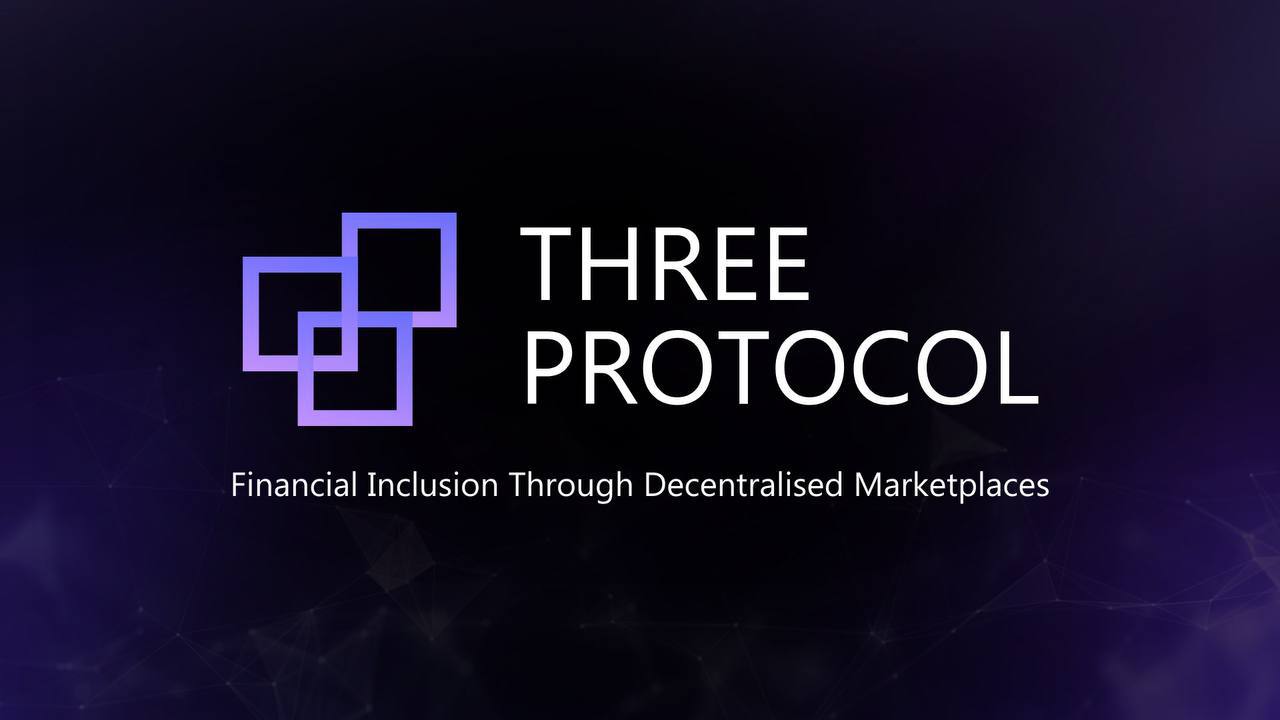The EU will not completely ban high-risk AI tools, but they will have to follow stricter transparency rules.
The European Union has drafted a new bill to regulate artificial intelligence technology. The bill does not completely ban high-risk AI tools, but they will have to follow stricter transparency rules. Generative AI tools, like ChatGPT and Midjourney, will have to reveal if they use any copyrighted materials during AI training.
AI developers like OpenAI faced increased scrutiny in Europe. Italy became the first Western nation to temporarily ban ChatGPT. Regulators in Germany also demanded answers from OpenAI about their ability to comply with the EU’s strict data privacy laws, known as the GDPR. The commissioner for the German state of Schleswig-Holstein, Marit Hansen, said they want to know if a data protection impact assessment has been conducted and if the risks of data protection are under control.
Wojciech Wiewiórowski, Europe’s data watchdog, believes that AI companies from the United States that are being investigated for potential GDPR violations may face a difficult situation. According to Wiewiórowski, OpenAI is caught between EU and US laws. While the EU is tightening regulations, US lawmakers may be looking to follow Europe’s lead.
Mira Murati, the chief technology officer at OpenAI, thinks that government regulators should play an active role in creating safety standards for deploying advanced AI models. She disagrees with the idea of a six-month pause on AI development.










